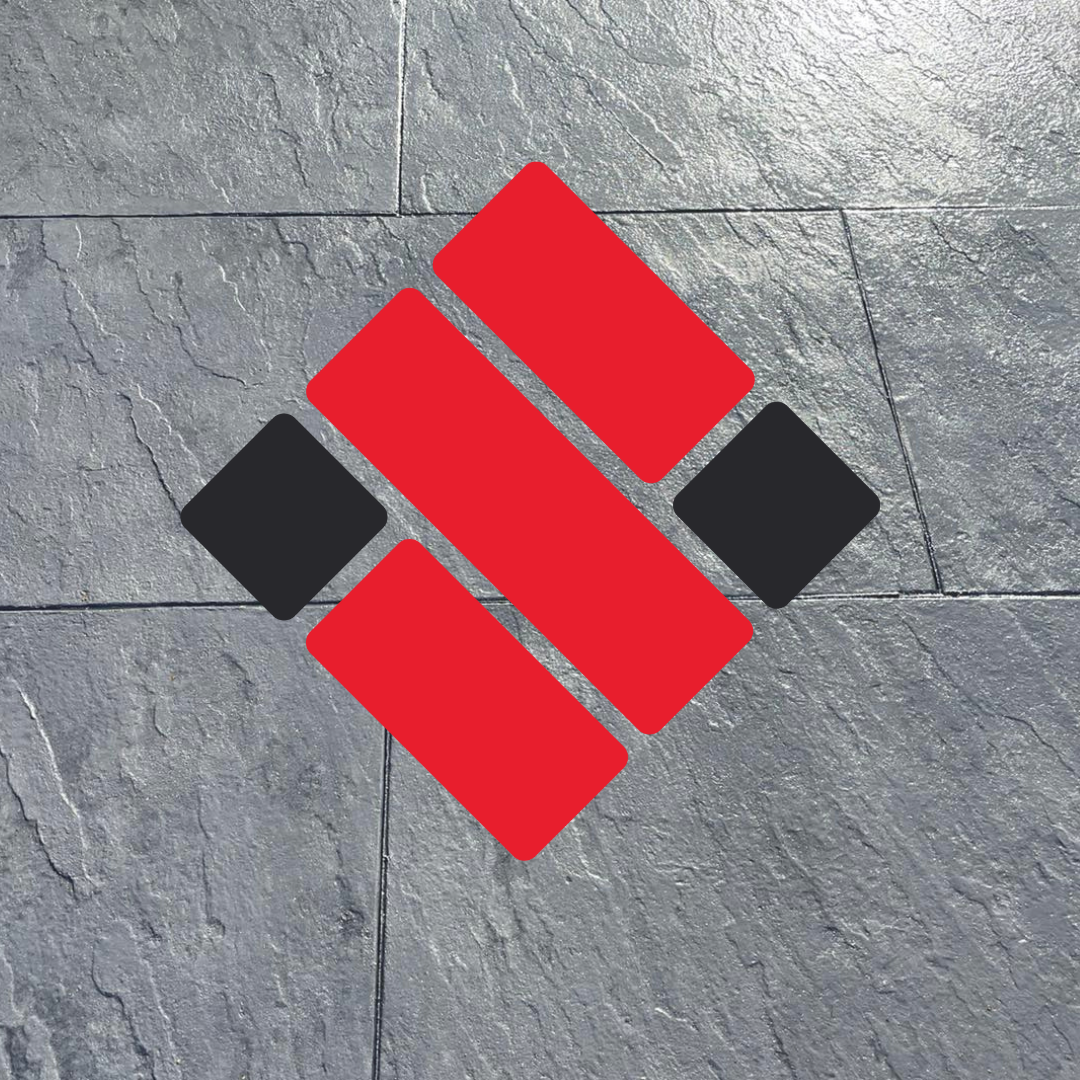For maintaining a pristine and durable driveway, understanding the impact of weather on driveway sealer is essential. The symbiotic relationship between weather conditions and sealer performance dictates the longevity and aesthetic appeal of your driveway. Let’s explore how the different weather conditions play a critical role in the application and preservation of driveway sealers, guiding homeowners towards making informed decisions for lasting results.
Summer Sun
The warmth from the sun is vital for the curing process of most driveway sealers, providing the energy necessary for these products to bond firmly to the driveway’s surface. However, this beneficial relationship has it’s limits. Prolonged exposure to intense sunlight and ultraviolet (UV) rays can degrade sealers over time, leading to fading, cracking, and the breakdown of the material. Quality sealers with UV-resistant components are essential in combating this relentless solar assault, ensuring the driveway remains protected and vibrant.
Winter Weather
Winter presents a formidable challenge to driveway sealers. The freeze-thaw cycle, where water seeps into the pavement, freezes, expands, and thaws, can wreak havoc on a driveway. A high-quality sealer acts as a barrier to water infiltration, but if already compromised, the expanding ice can exacerbate cracks and damage. This makes selecting a sealer that offers excellent waterproofing and flexibility in cold temperatures crucial for those living in regions subject to severe winter conditions.
Rain
Rain, seemingly harmless, can test the efficacy of driveway sealers. The concern is not the water itself, but it’s potential to penetrate and weaken the pavement underneath if the sealer is not correctly applied or has worn thin. Water penetration can lead to subsurface erosion, potholes, and further cracking. Therefore, ensuring a sealer is applied during dry conditions and has time to cure fully before rainfall is critical to it’s success in repelling water.
Humidity and Drying Times
The level of humidity in the air can significantly affect the curing time of driveway sealers. High humidity can slow down the evaporation of water from water-based sealers or the solvent in solvent-based sealers, prolonging drying times and potentially affecting the finished quality. It’s essential to apply sealer under recommended humidity conditions to ensure optimal adhesion and durability.
Temperature Extremes
Temperature plays a pivotal role in the application and performance of driveway sealers. Most sealers require a specific temperature range for application, usually between 50F and 90F (10C and 32C). Too hot, and the sealer may not cure correctly, compromising it’s durability and effectiveness. Adhering to the ideal temperature range for application and curing ensures the sealer performs as intended.
Wind
While often overlooked, wind can influence the application process of driveway sealers. Strong winds can cause the sealer to dry too quickly or evenly, leading to a patchy appearance and diminished protective qualities. Furthermore, wind can carry dust, leaves, and debris onto the freshly sealed surface, adhering to it and compromising it’s smooth finish.
Conclusion
Weather plays a multifaceted and critical role in the application, curing, and longevity of driveway sealers. Understanding and respecting the influence of weather conditions can guide homeowners to achieve optimal results, protecting their investment and improving the curb appeal of their property. By choosing the right products and timing applications carefully around weather patterns, one can ensure their driveway remains robust and attractive for years to come, despite the challenges posed by Mother Nature.


